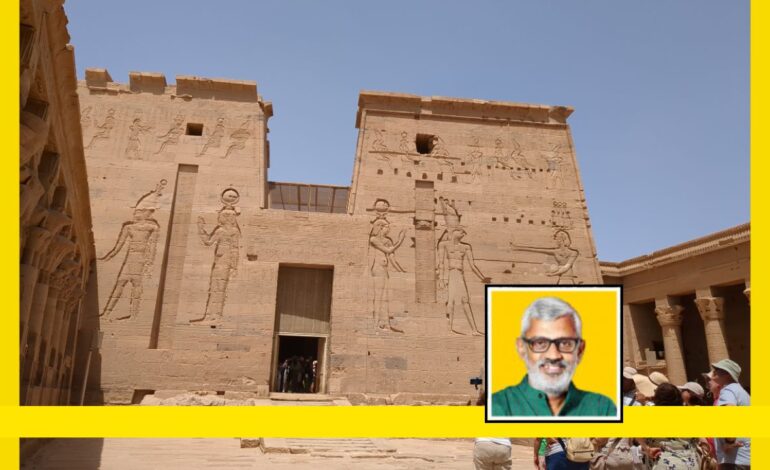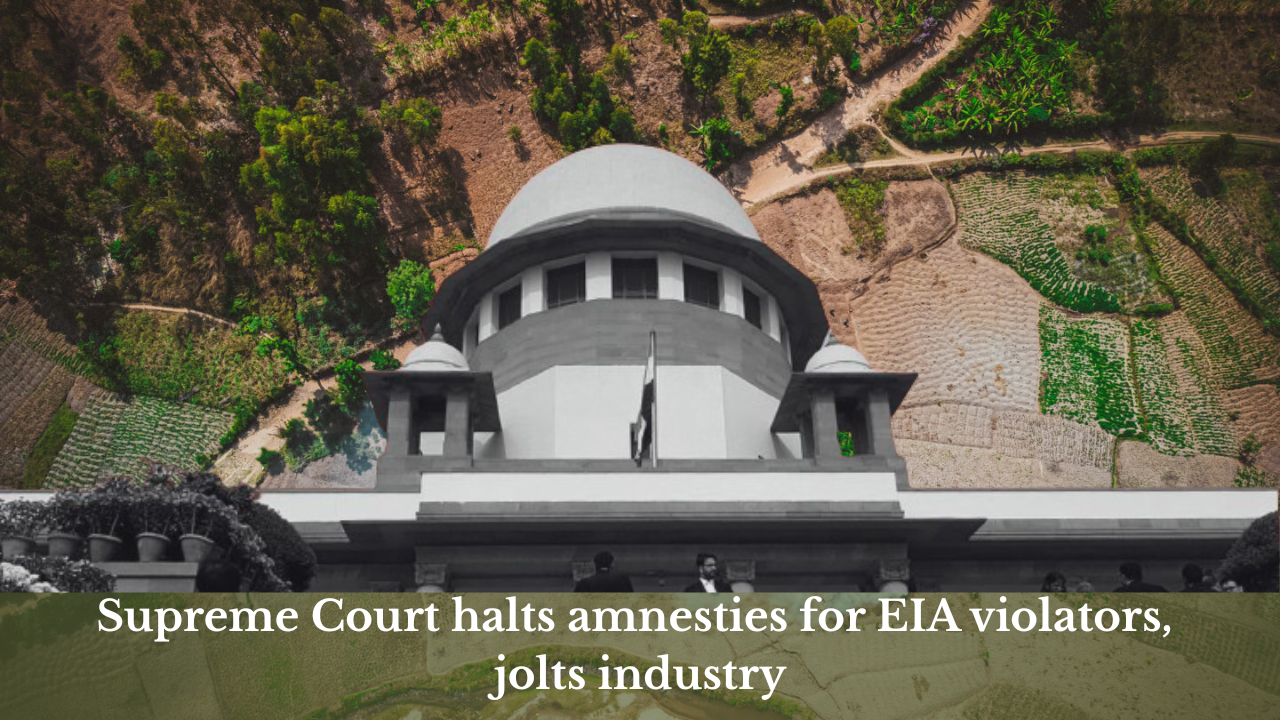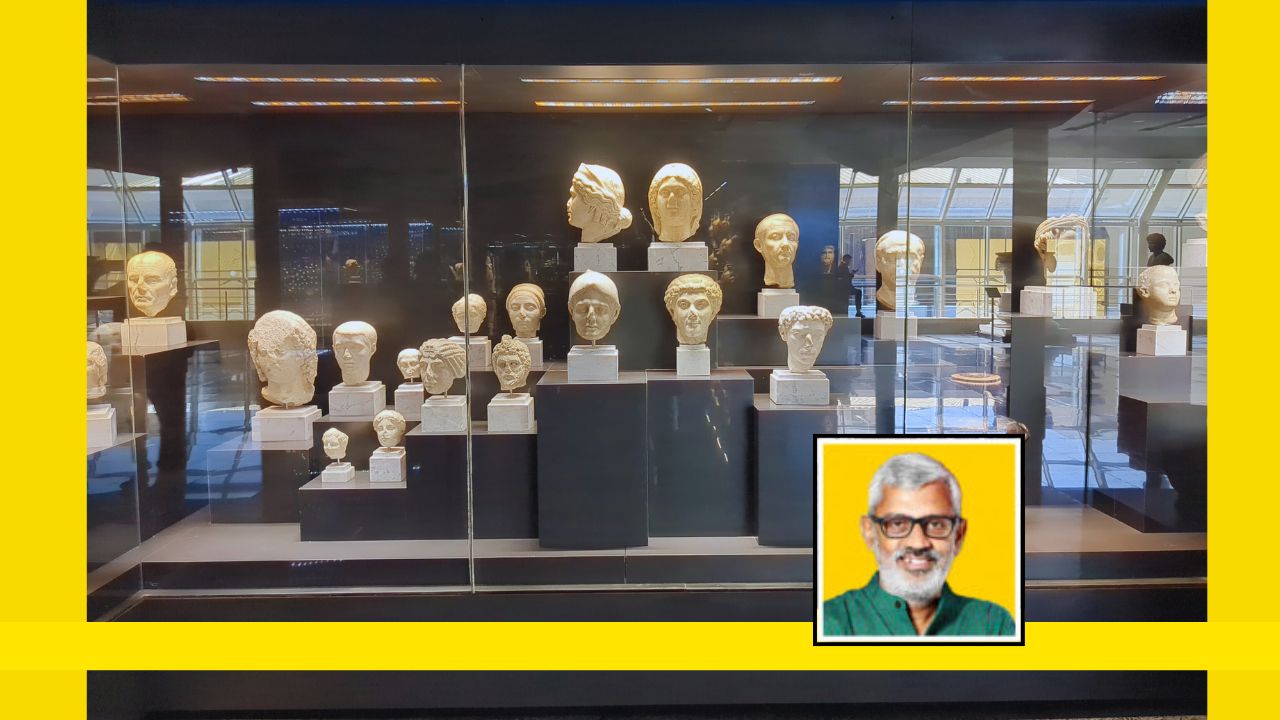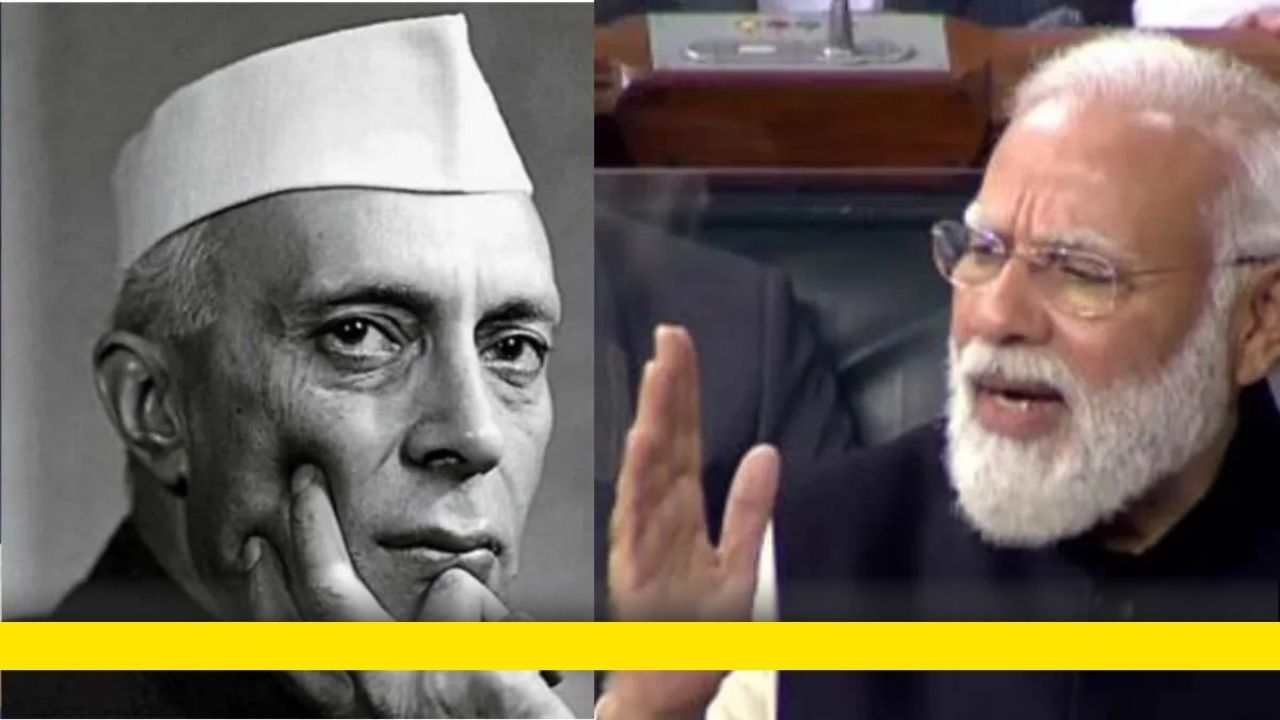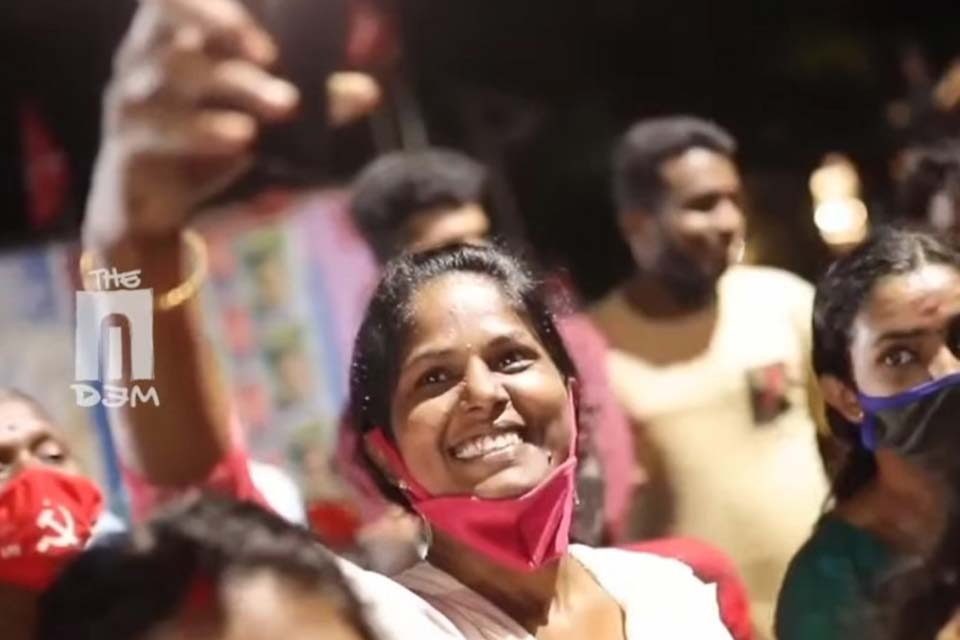What is Shashi Tharoor’s Take On ‘Bipartisanship’? Is it Nation First or Modi First?
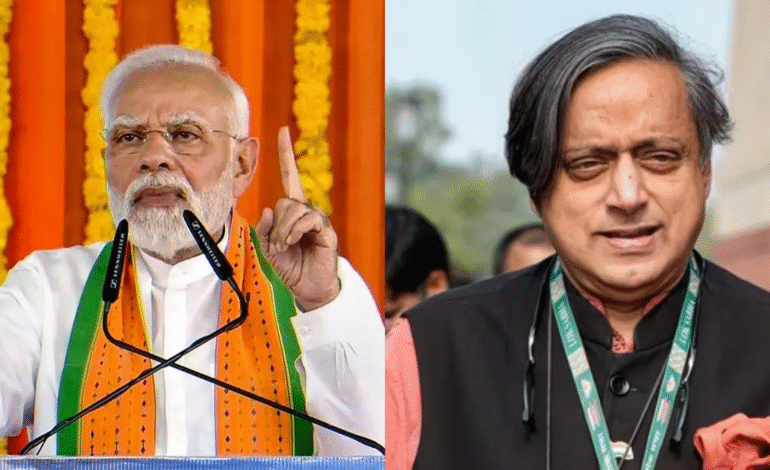
Shashi Tharoor wrote the lead opinion piece in The Hindu yesterday : “In the wake of crisis, the need for bipartisanship”, read the title . It was a virtual call to his own party, the Congress, to grow up. Tharoor began by waxing eloquent on the need for bipartisanship, in the aftermath of the terror attack at Pahalgam, “both in shaping our response and in ensuring that national security does not become another theatre for political posturing.”
Tharoor then went on to shame his own party, without naming it. “There is a distressing pattern that emerges whenever India faces a crisis of this nature: political parties, instead of closing ranks in defence of the nation, often resort to scoring points — weaponising grief for electoral advantage rather than forging a united front,” he wrote.
Tharoor cited the example of the United States of America where both the leading parties joined hands in the wake of the September 11 terrorist attack. He commended how bipartisanship emerged across the Western Europe on the question of military aid to Kyiv and sanctions against Russia, in the wake of the Russian invasion of Ukraine. Why is India woefully different, he rued.
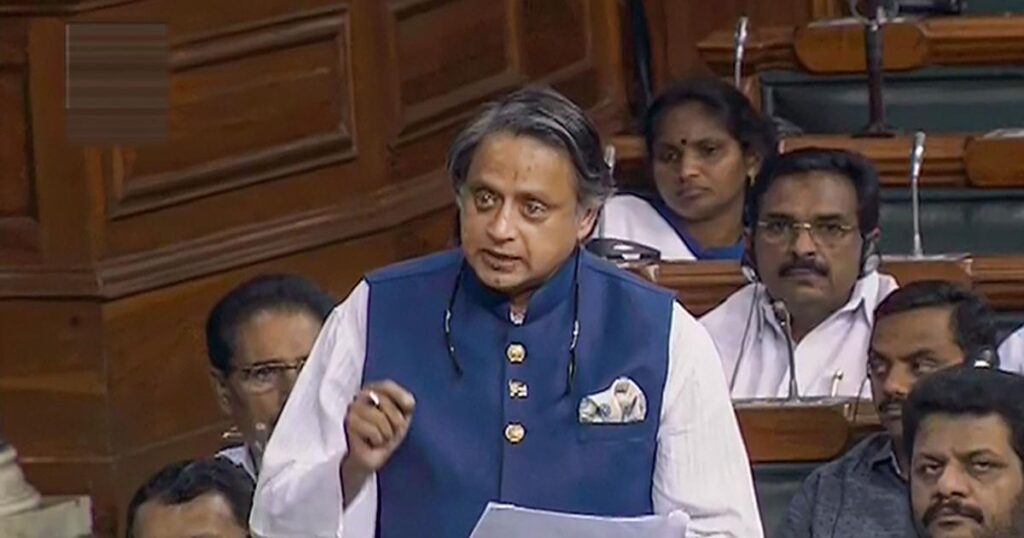
Pointing the accusing finger at the Congress, again without naming it, Tharoor wrote: “There can be no ambiguity in condemning acts of terror; the line between national security and political point-scoring is a thin one…If India is to emerge as a responsible power, it must ensure that its politics is mature, that the nation always comes ahead of party interests.”
Shashi Tharoor is echoing exactly the same language and invoking the same sentiment which Prime Minister Narendra Modi’s sidekicks are resorting to while attacking the Congress leader Rahul Gandhi. The only difference is that in the case of the brash, quasi-educated BJP spokespersons , it’s a crude, no-holds-barred, tirade against the leader of the opposition; Tharoor, being a sober scholarly politician, has couched his attack in a moral frame.
But both are, in effect, making the same loud pitch: the Nation First. An unquestionable premise, no doubt; but the question is: who truly represents the Nation? Is it the Leader or the Ruling Party or, say, the Government? When it comes to National Interest, who truly articulates it? Does the government of the day, or the Supreme Leader of the country, invariably represent the National Interest? Is it that those in opposition are required willy-nilly to the official line, in order not to be accused of going against the interest of the nation?
Shashi Tharoor referred to the bipartisan consensus in the USA in the wake of the 2001 terrorist attack. But let me remind him that when George Bush Jr, then the US president elected on a Republican ticket, decided to wage a revenge attack on Iraq — portraying it as the hub of the terrorist activity and holding it responsible for the 9/11 tragedy — a few Democratic senators had chosen to oppose the move saying that the President had not furnished any proof of Iraq’s involvement and that a full-throttle war in the Middle East was not in the US interest. Barack Obama was one of the few Senators who had voted against that move. But President Bush had his way then as he enjoyed an overwhelming majority, with most Democratic members of the Congress including the high-profile Hillary Clinton, casting their lot with him.
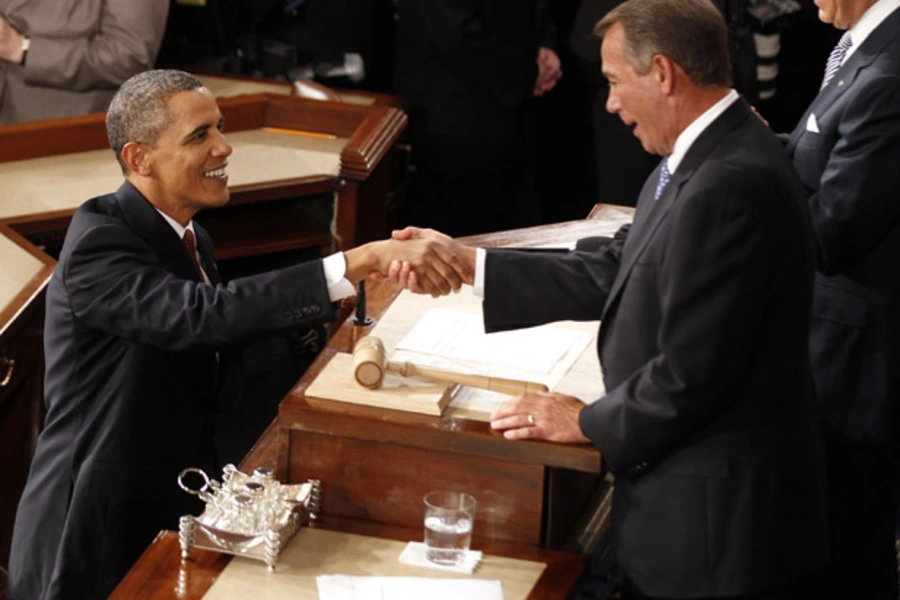
It was a moment of acute national crisis in US history. The question is: did Barack Obama act against the US National Interest by opposing the war move? Was Hillary Clinton upholding the National Interest by joining forces with the Republicans?
That question was decided in the Democratic Convention for the 2008 presidential election by when the devastating after-effects of the Iraq war had become evident. In that convention, both Hillary Clinton and Barack Obama were the lead contenders for the Democratic nomination. The Democratic Party chose to brush aside Clinton — the hot favourite when the campaign began a year earlier — in favour of Obama, the dark horse, as its official candidate.
The majority view in the Democratic Party was that, swayed by the facile sentiment of bipartisanship, Hillary Clinton had compromised the National Interest while Barack Obama had the prescience to uphold the National Interest by going against President Bush’s chilling war cry. Obama went on to become the President as a large majority of non-partisan Americans hailed his courage of conviction in going against the popular mood in 2002-03.
There is a lesson there. The call for bipartisanship is often a convenient ploy on the part of the party in power to bully the opposition to toe its line. It’s invariably a clever design by the ruling party to pursue its sinister partisan politics. Shashi Tharoor is peddling bipartisanship which is nothing but a euphemism for unquestioned support for Narendra Modi.
Let me remind Tharoor. At the peak of the terrorist attack in Mumbai, Narendra Modi was the chief minister of Gujarat. Rajdeep Sardesai, in his 9 pm show yesterday, played a video clipping showing Modi, the BJP chief minister, criticising the Congress Prime Minister for his mishandling of the situation. Mind you, the Chief Minister Modi was making those adversarial comments while India’s armed forces were engaged in a fierce battle to tame the terrorists!
I want to ask Tharoor: was Narendra Modi, the Chief Minister, serving the National Interest by speaking out loud against the Manmohan government in the midst of the Mumbai terrorist attack? Or, is Narendra Modi, the Prime Minister, seeking to uphold National Interest today by asking the opposition to fall in line, in the wake of the Pahalgam terrorist strike?
Tharoor should answer: what does he mean by ‘bipartisanship’? Is it Nation First or Modi First?



